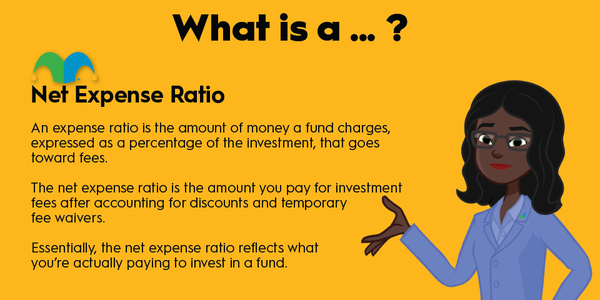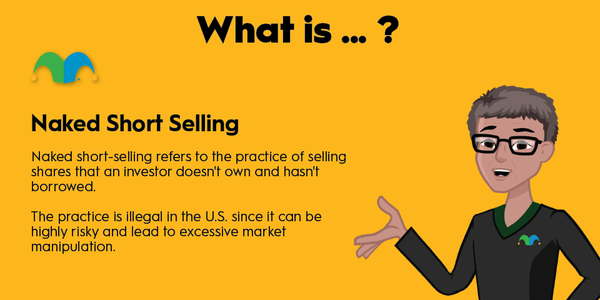When you're investing in the stock market, it's important to remember that you're not the only one doing so. You're always in a sea of other investors, and that can create a lot of difficult decisions. The Nash equilibrium can be a helpful concept for investors to understand.

Definition
What is the Nash equilibrium?
Before we talk about the Nash equilibrium, it's important to understand game theory, since the Nash equilibrium exists solely within this framework. Game theory can be used in gaming, but it's more often used in disciplines like economics to model decision-making strategies when there are multiple parties involved.
The Nash equilibrium is a concept in game theory that assumes several things:
- The game is non-cooperative (like investing in stocks; we're each on our own team).
- All players keep their strategies unchanged throughout the game (so long-term investors keep investing long-term, etc.).
- There's no net gain for any player for changing their strategy.
Nash equilibrium vs. dominant strategy
Nash equilibrium vs. dominant strategy
It's easy to get confused in game theory because so many of the components sound a lot alike. There are several different concepts that describe types of strategies, including the Nash equilibrium and dominant strategy.
Nash equilibrium, as discussed above, is the balance achieved when all players have a stable strategy and pursue it to the end. It's not really a strategy but a way of understanding how strategies can interact in a perfect system.
Dominant strategy is the best strategy possible regardless of how the other players act. So, you could have a dominant strategy within a Nash equilibrium, in that one strategy plays out much better than others, but it's not necessary for Nash equilibrium or game theory.
How it applies to investing
How does game theory apply to investing?
Although investing is far from a game, game theory is often used in it, whether we realize it or not. In its most basic form, game theory is all about making decisions. Do we invest in an exchange-traded fund, or do we comb the value stocks for one that's potentially explosive? Do we buy and hold for a long-term investing timeline, or do we day trade our way to retirement?
Even though there are no directly observable conflicts between investors, very visible conflicts happen all the time between businesses and their positions in the marketplace. We use that information to help position ourselves as stock investors, or we choose to sit out as investors in other types of securities, like bonds.
Related investing topics
Why it matters
Why does the Nash equilibrium matter to investors?
The Nash equilibrium is important to investors because it's a base assumption we all make when we choose a stock. We assume that what we see today will continue to play out in a more or less linear fashion, regardless of what other players do. Those other players are both investors and other companies, depending on your perspective.
So, if you invest in XYZ, Inc., and your friend invests in ABC, Inc., you're both assuming that the markets will remain predictable, that companies will grow at a predictable rate despite their competition, and that we will all ultimately get the result we have strategized for, no matter what anyone else is doing.
This doesn't always work out, of course, because other forces can throw us off track, but it's uncanny how often the market can right itself and return to a balance that resembles a Nash equilibrium.




























